
by Marilyn Long Webster | Emotionally Healthy Children, Empowerment, MFA, Montessori Parenting, Primary (3-6)
he most powerful thing in the universe, after God, is our ability to think and choose. When you think, you build a thought, and these thoughts become physical substances in your brain. You think all day long, and you think even when you are asleep. Daytime thinking is a building process. Nighttime thinking is a […]
To continue reading, you will need to choose a subscription plan.
by Frederic Luskin PhD | Emotional Intelligence (EQ), Emotionally Healthy Children, Mindfulness, Peace Education, Psychology, School Leadership, Social Justice, The International Montessori Council, Webcasts / IMC
Dr. Fred Luskin, (keynote speaker for our 2019 Annual International Conference) to explore forgiveness with the goal of reducing hurt and helplessness, letting go of anger and increasing confidence and hope as we learn how to release unwanted hurts and grudges. His presentations explore the HEAL process of forgiveness that, when learned, can lead to enhanced […]
To continue reading, you will need to choose a subscription plan.
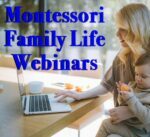
by Lorna McGrath | Discipline, Emotionally Healthy Children, Infant-Toddler (0 to 3), Kindergarten, Lower Elementary (6-9), MFA, Montessori Family Life, Webinars / MFA
Have you ever been in any of these situations with your children: trying to get out of the house on time without a tantrum, grocery shopping and getting into a battle with your child about buying something she wants but it’s not on the list, putting toys away before going to bed without a 30 […]
To continue reading, you will need to choose a subscription plan.

by Cindy Acker Sarah McArthur LeValley | Emotionally Healthy Children, Empowerment, Mindfulness, Mixed Ages, Montessori Charter Schools, Prepared Environment, School Leadership, Sensitive Periods, Social Justice, The International Montessori Council, Webcasts / IMC
Webcast The Importance of Social Justice Practice in Montessori Schools
To continue reading, you will need to choose a subscription plan.

by Brynn Rangel Maria Chaffin | Children with Exceptionalities, Communication, Emotionally Healthy Children, Mixed Ages, Montessori Education, Montessori students, Montessori Teachers, Psychology, Sensitive Periods, The International Montessori Council, Webcasts / IMC
Webcast How Montessori Can Help Students Impacted by Trauma
To continue reading, you will need to choose a subscription plan.

by Christine Lowry | Adolescence, Communication, Early Adolescence (12-15), Emotionally Healthy Children, Infant, Infant-Toddler (0 to 3), Kindergarten, Later Adolescence (15-18), Lower Elementary (6-9), MFA, Montessori Family Life, Montessori Parenting, Primary (3-6), Toddler (18 months-3 years), Upper Elementary (9-12), Webinars / MFA
In this webinar Christine Lowry will guide us in how to help not only our children to be able to self-regulate their emotions but also, how we can develop better skills in this area along with our children. She will provide important information about how adults influence the level of emotion that our children experience. […]
To continue reading, you will need to choose a subscription plan.

by Cathie Perolman | Communication, Discipline, Emotionally Healthy Children, Empowerment, Later Adolescence (15-18), Lower Elementary (6-9), MFA, Mixed Ages, Montessori Family Life, Peace Education, Planes of Development, Psychology, Sensitive Periods, Tomorrow's Child, Tomorrow's Child Online Issue, Upper Elementary (9-12)
Dear Cathie— My children are not always nice to each other, and they sometimes admit they have been unkind to others at school or on play dates as well. I want them to learn to be kind and respectful. I have been expecting them to say “I’m sorry” when they act in this manner, such […]
To continue reading, you will need to choose a subscription plan.

by Frederic Luskin PhD | Communication, Emotionally Healthy Children, Empowerment, MFA, Mindfulness, Mixed Ages, Montessori Parenting, Peace Education, Planes of Development, Sensitive Periods, Tomorrow's Child
New studies look at forgiveness To earn his doctorate in counseling and health psychology from Stanford in 1997, Fred Luskin had to write a dissertation. At the time, Luskin was furious with a friend. To complete his graduation requirement and to cope with the pain, Luskin researched and wrote about forgiveness. “I couldn’t do it. […]
To continue reading, you will need to choose a subscription plan.
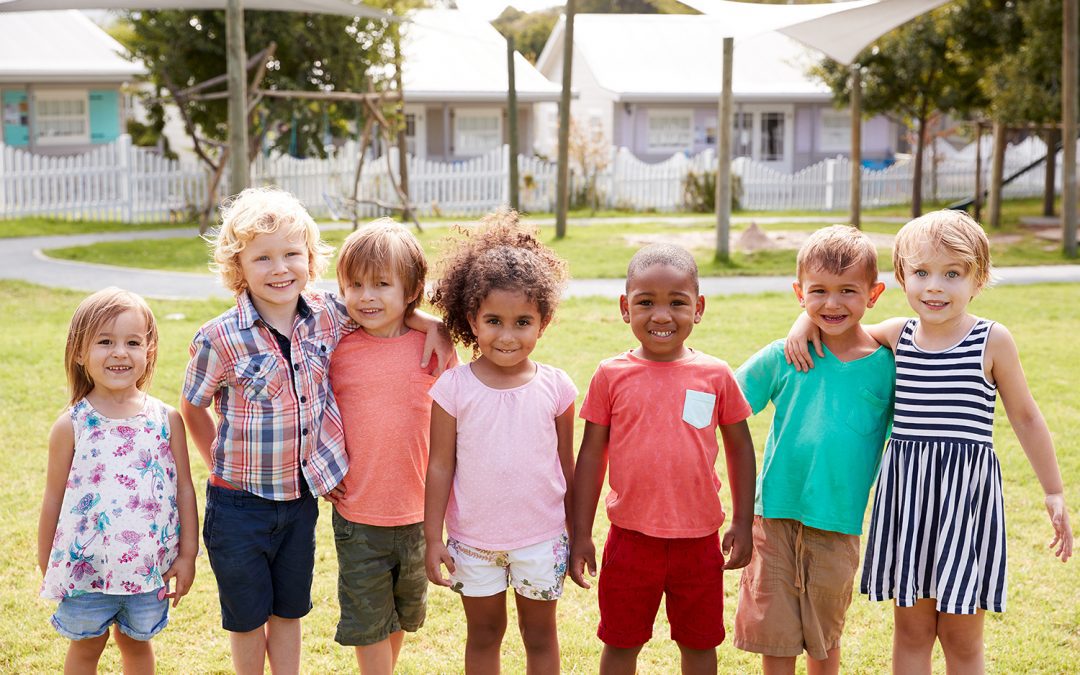
by Tesha Miller | Communication, Emotionally Healthy Children, MFA, Mindfulness, Mixed Ages, Peace Education, Tomorrow's Child
If we are to teach real peace in this world…we shall have to begin with the children. —Mahatma Gandhi Montessori education has been referred to as “peace education”; Montessorian Sonnie McFarland calls peace education a “Montessori best practice” (Montessori Life, January 2005); and even Gandhi praised Montessori’s approach to world peace. So, how is peace […]
To continue reading, you will need to choose a subscription plan.

by Maureen Healy | Communication, Emotionally Healthy Children, Empowerment, Kindergarten, Lower Elementary (6-9), MFA, Mixed Ages, Montessori Teachers, Peace Education, Planes of Development, Primary (3-6), Tomorrow's Child, Upper Elementary (9-12)
“It is our responsibility to learn to become emotionally intelligent. These are skills. They’re not easy. Nature didn’t give them to us. We have to learn them.” —Paul Ekman Children today are more emotional, strong-willed, and reactive than ever before. They have big feelings and oftentimes don’t yet know how to constructively release them. Of […]
To continue reading, you will need to choose a subscription plan.

by Maureen Healy | Brain Development, Communication, Discipline, Emotionally Healthy Children, Empowerment, Kindergarten, Lower Elementary (6-9), MFA, Mindfulness, Montessori Family Life, Primary (3-6), Upper Elementary (9-12), Webinars / MFA
While growing up has never been easy, today’s world undeniably presents kids and their parents with unprecedented challenges. In this session, award-winning author Maureen Healy will share highlights from her new book, “The Emotionally Healthy Child,” and answer real-life questions from anyone wanting to raise emotionally healthy children. Come and learn some new strategies to […]
To continue reading, you will need to choose a subscription plan.

by Lorna McGrath | Communication, Emotionally Healthy Children, Kindergarten, Lower Elementary (6-9), MFA, Mindfulness, Montessori Family Life, Montessori Parenting, Primary (3-6), Webinars / MFA
In Part 1 Lorna McGrath discussed learning styles and how they are related to self-calming. In Part 2 she will expand on what listeners already know about learning styles by sharing how to create individual self-calming spaces which include activities that are in alignment with each person’s dominant learning style. When individual self-calming spaces are […]
To continue reading, you will need to choose a subscription plan.
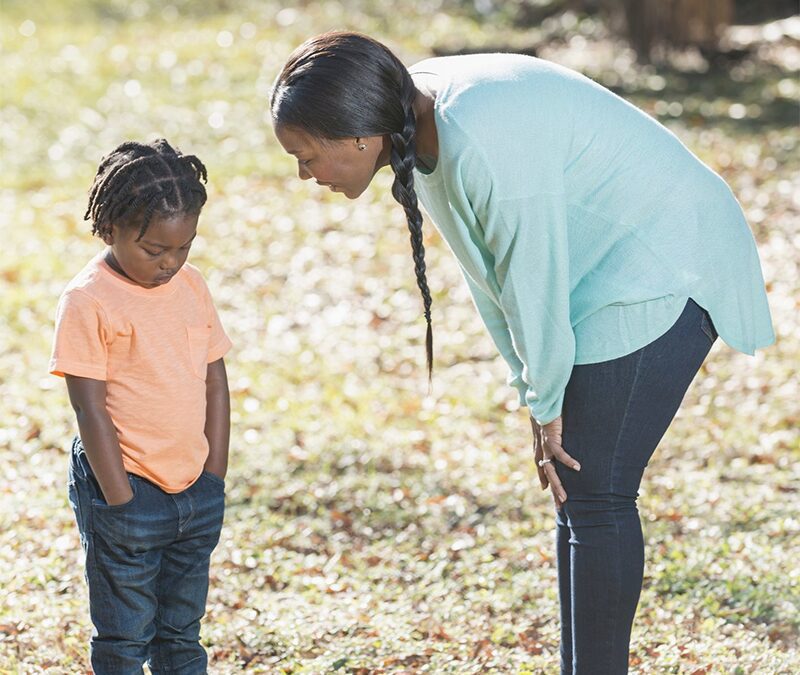
by Kath Kvols | Archived Issues / Tomorrow's Child, Challenging Behaviors, Discipline, Emotional Intelligence (EQ), Emotionally Healthy Children, Empowerment, Grace and Courtesy, MFA, Mixed Ages, Montessori Family Life, Montessori Grandparenting, Montessori Parenting, Psychology, Tomorrow's Child
What Are Limits? Limits tell your family under what condition you are willing or unwilling to do something. They tell your family where you “draw the line.” They tell what you will or will not tolerate. Their purpose is to take care of you. Limits are not designed to...
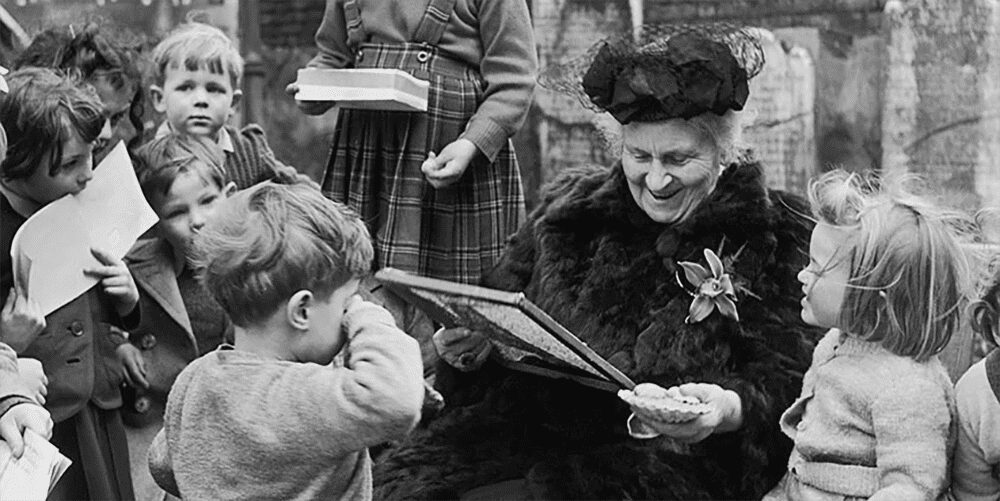
by Tim Seldin | Archived Issues / Tomorrow's Child, Challenging Behaviors, Discipline, Emotionally Healthy Children, Empowerment, Grace and Courtesy, Maria Montessori, MFA, Mixed Ages, Montessori Family Life, Montessori Grandparenting, Montessori Parenting, Parenting on the Same Page, Peace Education, Tomorrow's Child
Many parents believe that the word discipline means to punish. In reality, it means to teach. In a Montessori-inspired home, parents are empathetic, caring, and respect children as real and separate human beings. However, children also need to develop a sense of...

by Mayo Clinic | Archived Issues / Tomorrow's Child, Emotional Intelligence (EQ), Emotionally Healthy Children, Family Resources, MFA, Montessori Parenting, Parenting on the Same Page, Tomorrow's Child
After a tragedy, you might feel helpless—but your child needs your support. Here’s help knowing what to say. When a tragedy—such as a natural disaster, mass shooting, or terrorist attack—occurs, it can be hard to talk to your child about what happened. How do you...
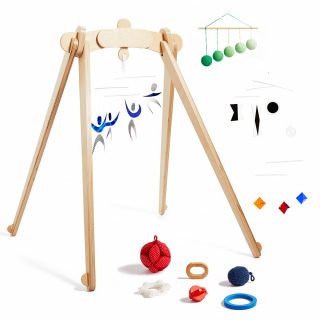
by Zahra Kassam | Archived Issues / Tomorrow's Child, Emotionally Healthy Children, Family Resources, Infant, Infant-Toddler (0 to 3), MFA, Montessori Parenting, Toddler (18 months-3 years), Tomorrow's Child
Eighty-Five Percent Of The Brain Is Formed By Age Three The core structure of the brain is formed in the first three years. By age three, the brain has established a pattern of processing information that will be used throughout life. As such, a child’s early...
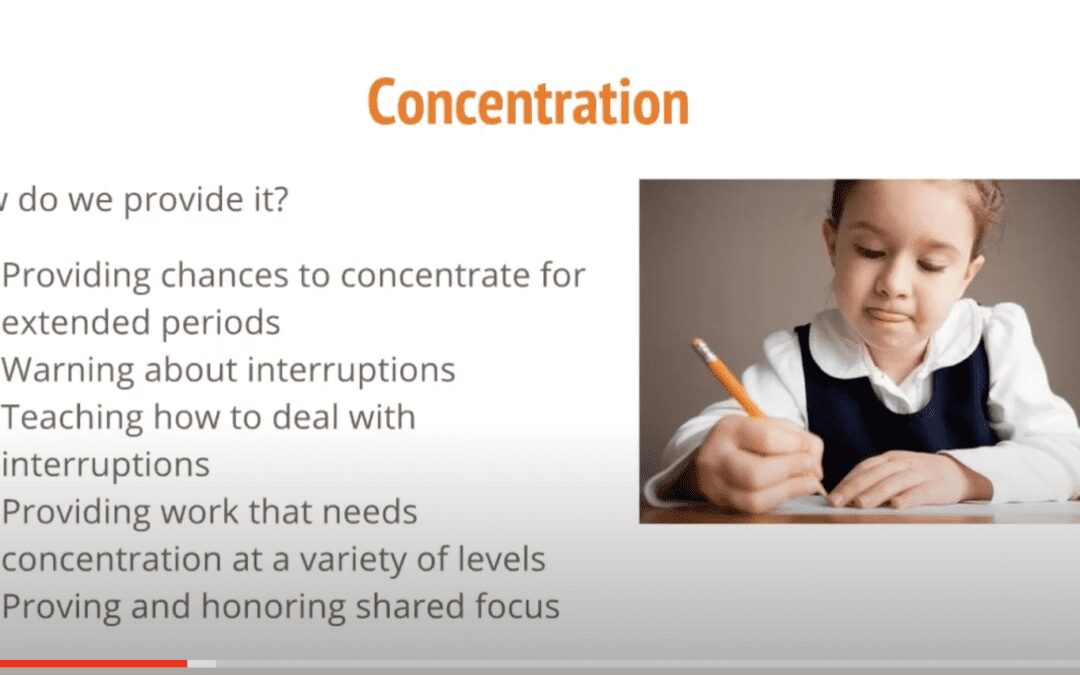
by Cheryl McCabe-Allen | Brain Development, Child's Work, Emotionally Healthy Children, Empowerment, Lower Elementary (6-9), MFA, Montessori Education, Montessori students, Montessori Teachers, Practical Life, Prepared Environment, School Leadership, The International Montessori Council, Upper Elementary (9-12), Webinars / MFA
<br> Some may say, “What is OCCI?” Some may say, “I thought OCCI was just during the Primary years.” Cheryl says, “Let’s see how we can continue to support the development of order, concentration, coordination, and independence during the elementary years.” Join us for some interesting insights.
To continue reading, you will need to choose a subscription plan.
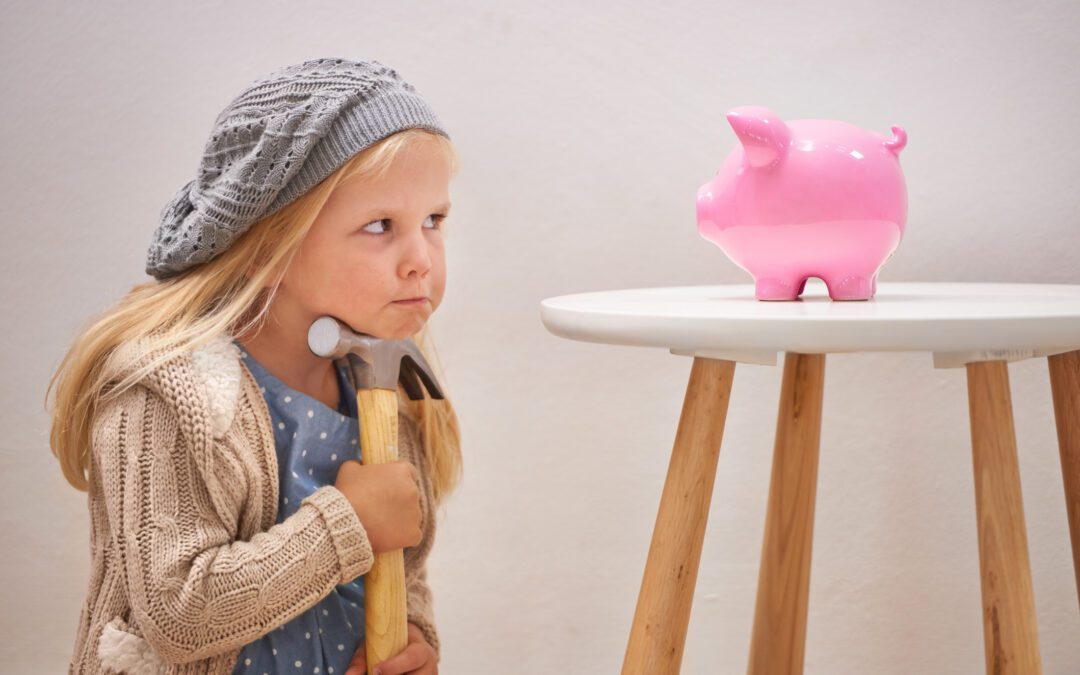
by Claire Salkowski | Emotionally Healthy Children, Empowerment, Entrepreneurship, Family Resources, MFA, Montessori Education, Montessori Family Life, Montessori Parenting, Webinars / MFA
To continue reading, you will need to choose a subscription plan.

















